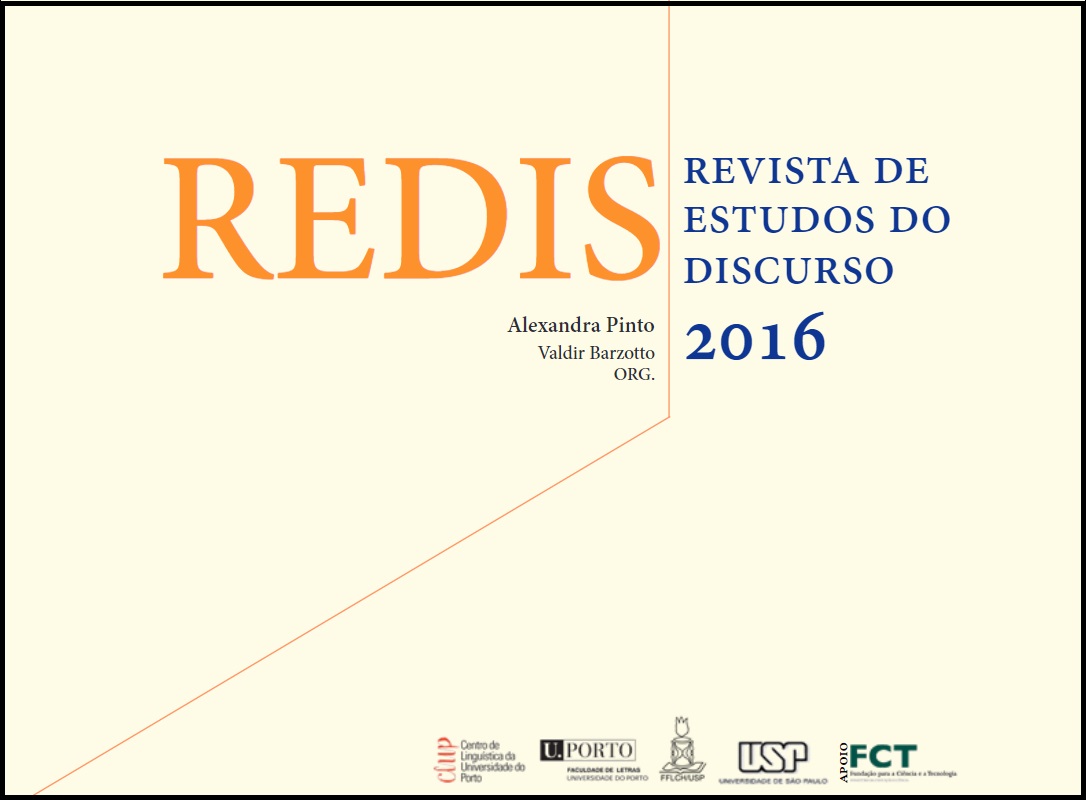Science in Media: cognition and emotion
Abstract
Making scientific content and research accessible, meaningful and relevant to readers through popularization strategies is highlighted in the study of cognitive-emotive interactions in discourses published in the media. The argumentative emotional features or “pathemes” that modulate scientific dis- courses are widely used in order to attract the target audience as well as to facilitate access to scientific knowledge. Such strategies and the interaction between emotion and cognition in discourse are thoroughly identified, studied and analyzed. In this paper, we intend to redefine the popularization of science through media as a means of communication, highlighting thus the bond between cognition and emotion. This latter helps us to show the emotional orientation used in Scientific American magazine to transfer scientific information and to keep a wider range of readers. Nowadays, it is common that emotions accompany and carry information; they are also involved in the interpretation of the carried information. Thus, in the science in media context, the transmission of information takes place first at the emotional level, especially if the receivers do not feel concerned by the transmitted scientific information.
Downloads
Published
How to Cite
Issue
Section
License
Copyright (c) 2017 Redis: Revista de Estudos do discurso

This work is licensed under a Creative Commons Attribution 4.0 International License.
The authors give to REDIS. Revista de Estudos do Discurso the exclusive right to publish its texts, in any medium, including their reproduction and sale in paper or digital format, as well as their availability in a free access regime in databases.
















